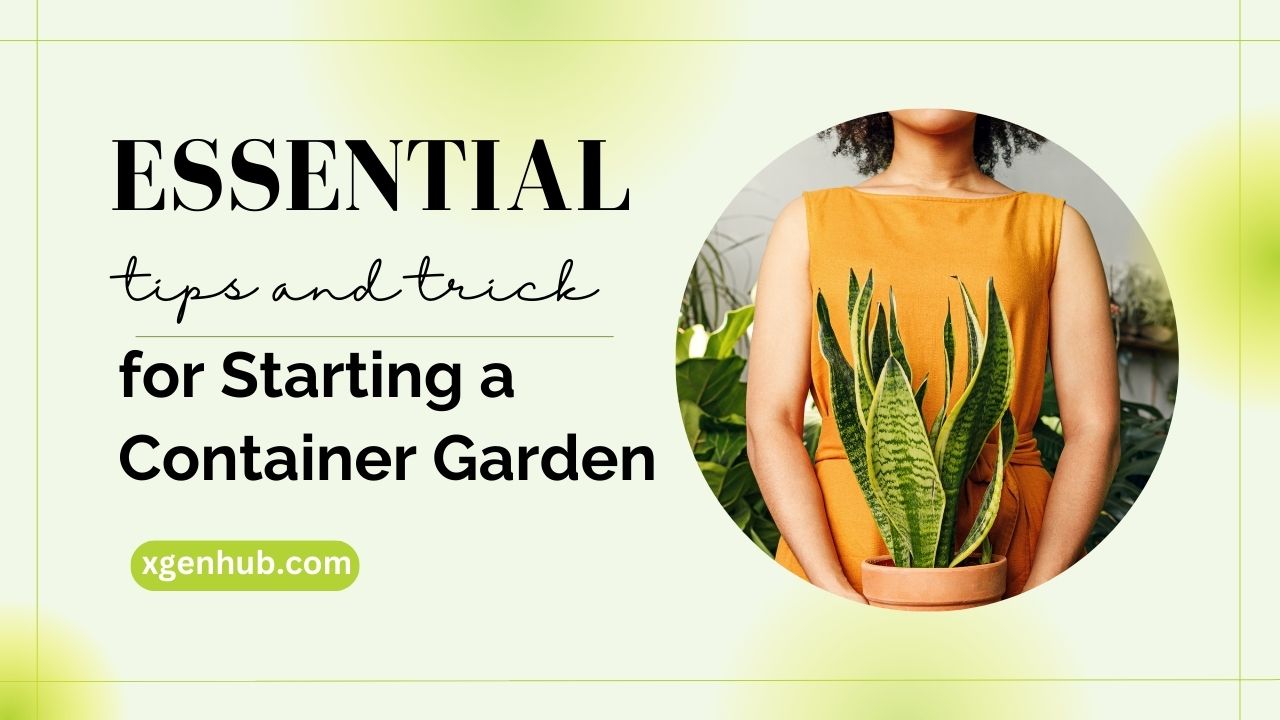Container gardening is an excellent way to cultivate a vibrant and thriving garden, even if you have limited space or poor soil conditions. Whether you live in an apartment, a small home, or simply want to add some greenery to your balcony or patio, container gardening allows you to grow a wide variety of plants. This guide will provide you with essential tips for starting a container garden that flourishes, ensuring you have all the knowledge you need to succeed.
Unlock Your Online Success! Watch Our Exclusive Video for FREE and Start Earning Today!
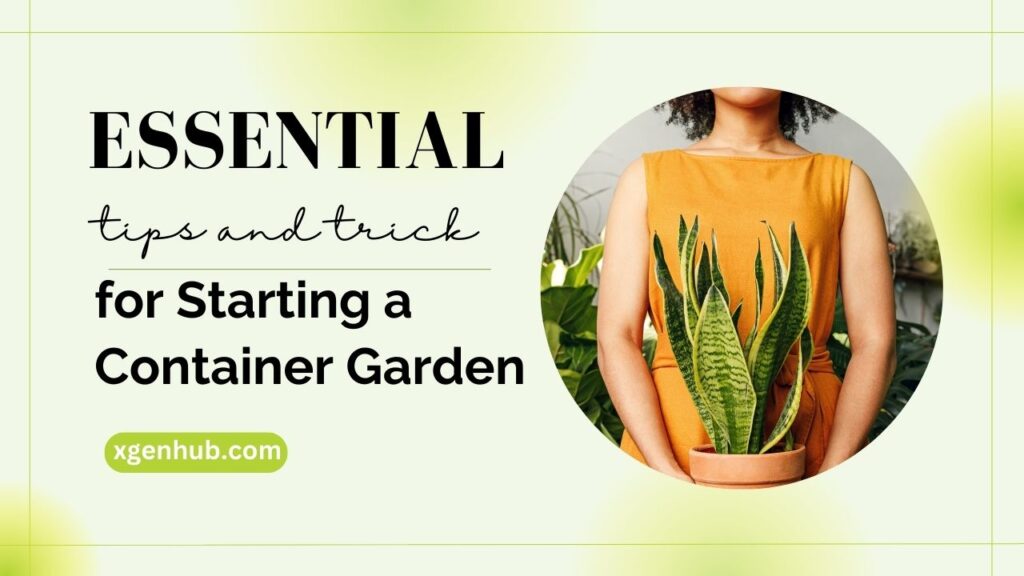
What is Container Gardening?
Container gardening involves growing plants in pots, boxes, or other types of containers instead of directly in the ground. This method is particularly beneficial for urban dwellers or those with limited outdoor space. Container gardening can be used for vegetables, herbs, flowers, and ornamental plants, making it an incredibly versatile gardening option.
Unlock Your Online Success! Watch Our Exclusive Video for FREE and Start Earning Today!
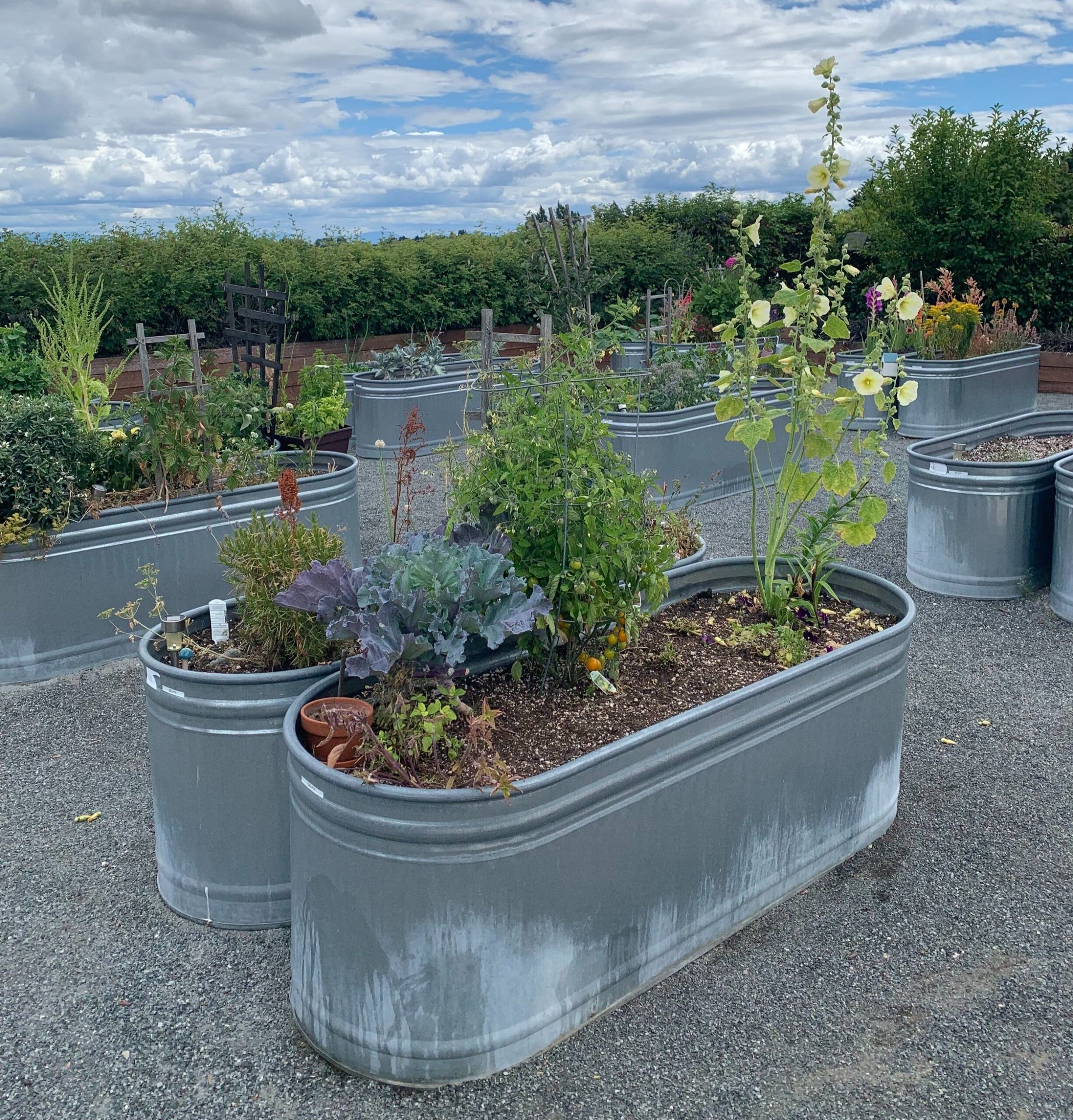
Benefits of Container Gardening
- Space Efficiency: Container gardening allows you to maximize limited spaces, making it ideal for balconies, patios, and even indoor spaces.
- Soil Control: You can choose the right soil mix for your plants, ensuring they have the best growing conditions.
- Mobility: Containers can be easily moved to follow sunlight, shelter plants from harsh weather, or change your garden’s layout.
- Accessibility: Raised containers can make gardening easier for those with physical limitations, reducing the need to bend down.
- Pest and Disease Management: Container gardens are less prone to soil-borne diseases and pests, allowing for easier management and healthier plants.
Choosing the Right Containers
Material Matters
Containers come in various materials, each with its pros and cons. Here are some popular options:
Unlock Your Online Success! Watch Our Exclusive Video for FREE and Start Earning Today!

- Plastic: Lightweight and often less expensive, plastic containers retain moisture well but may not be as aesthetically pleasing.
- Clay: Terracotta or clay pots are breathable and allow for better aeration but can dry out quickly, requiring more frequent watering.
- Wood: Wooden containers are visually appealing and environmentally friendly. However, they can rot over time if not treated properly.
- Metal: Metal containers, like galvanized steel, offer a modern look but can heat up quickly, which may stress the plants.
Size and Drainage
Choose containers that are appropriately sized for the plants you intend to grow. For most vegetables, a minimum depth of 12 inches is recommended. Ensure your containers have drainage holes to prevent waterlogging, which can lead to root rot.
Selecting the Right Soil
Using the right soil mix is crucial for container gardening success. Regular garden soil is often too dense and may not drain well. Instead, consider using a high-quality potting mix specifically designed for container gardening. These mixes typically contain peat moss, vermiculite, and perlite, which provide excellent drainage and aeration.

Soil Amendments
Consider adding organic matter, such as compost, to your potting mix. This enriches the soil with nutrients and improves moisture retention. Additionally, incorporating slow-release fertilizers can help sustain your plants’ nutrient needs throughout the growing season.
Choosing Plants for Your Container Garden
When selecting plants, consider your climate, the amount of sunlight your containers will receive, and your personal preferences. Here are some categories of plants ideal for container gardening:
Unlock Your Online Success! Watch Our Exclusive Video for FREE and Start Earning Today!
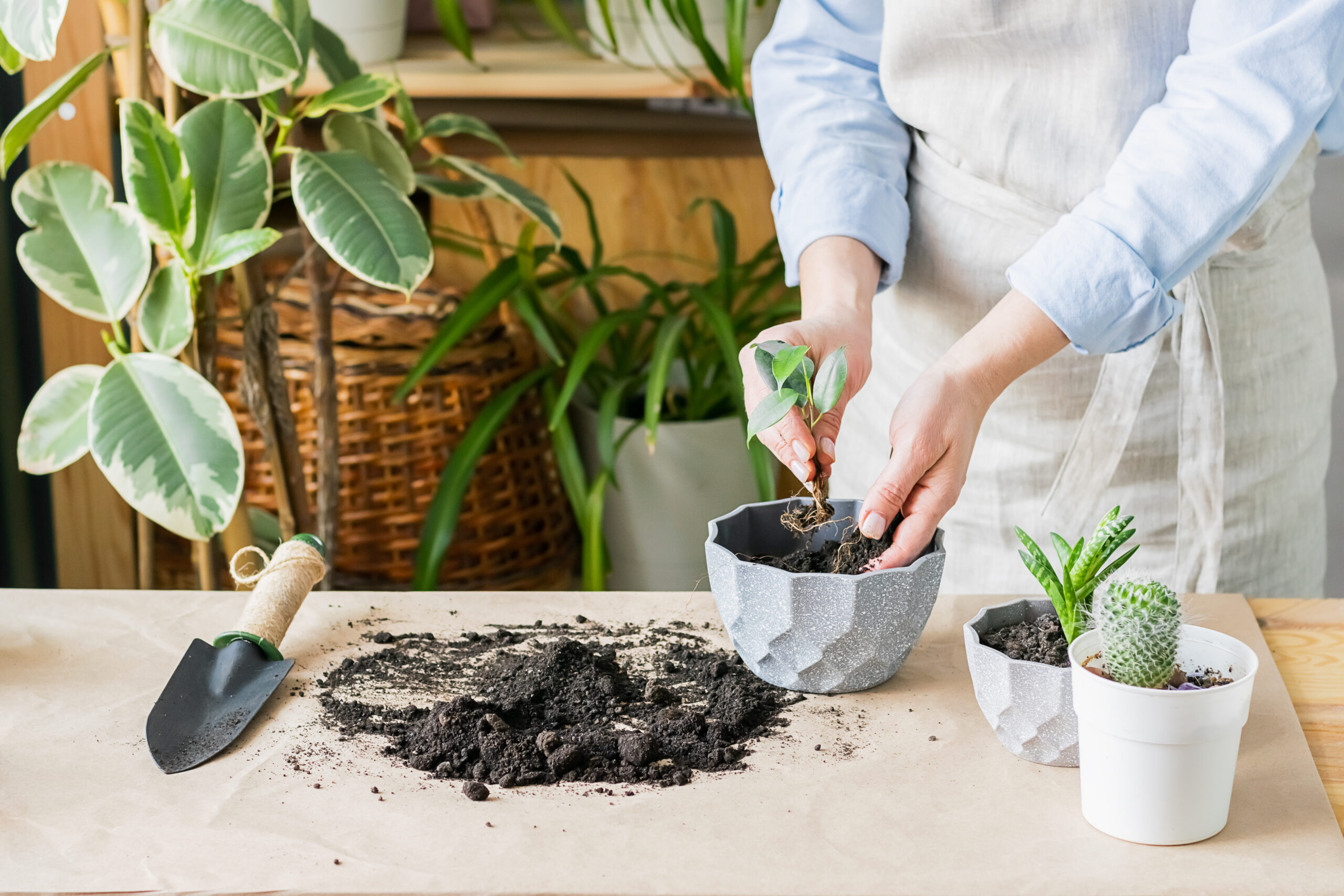
Herbs
Herbs are perfect for container gardening because they often thrive in smaller spaces. Consider growing:
- Basil: Requires full sun and regular watering.
- Parsley: Prefers partial shade and moist soil.
- Chives: Hardy and can tolerate a range of conditions.
Vegetables
Many vegetables can thrive in containers. Popular choices include:
- Tomatoes: Choose determinate varieties for smaller spaces.
- Peppers: Both sweet and hot varieties grow well in containers.
- Lettuce: Fast-growing and can be harvested multiple times.
Flowers
Container gardening is also an excellent way to grow flowers. Consider these options:
- Petunias: Bright and colorful, they thrive in full sun.
- Marigolds: Easy to grow and deter pests.
- Geraniums: Versatile and can tolerate varying conditions.
Sunlight Requirements

Understanding the sunlight needs of your plants is essential for their growth. Most vegetables and flowering plants prefer full sun, which means at least 6 hours of direct sunlight daily. However, some herbs and shade-loving plants may thrive in partial shade. Assess your growing space to determine how much sunlight your containers will receive throughout the day.
Watering Your Container Garden
Proper watering is one of the most critical aspects of container gardening. Containers tend to dry out faster than garden beds, so regular monitoring is essential.
Unlock Your Online Success! Watch Our Exclusive Video for FREE and Start Earning Today!
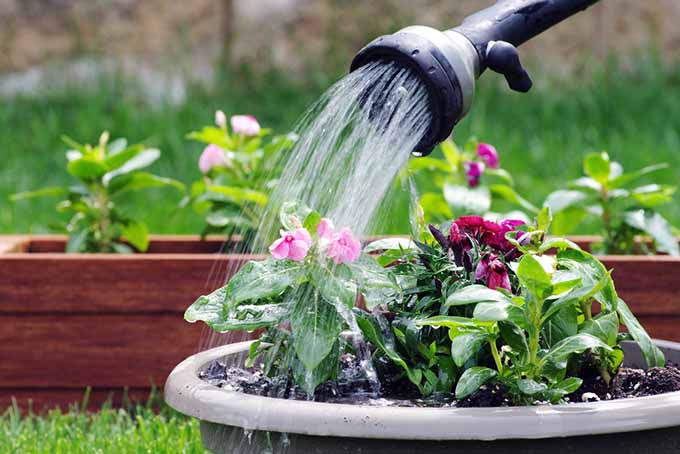
How to Water
- Check Soil Moisture: Stick your finger about an inch into the soil. If it feels dry, it’s time to water.
- Water Thoroughly: Water until you see it draining from the bottom of the container, ensuring all roots receive moisture.
- Frequency: Depending on the plant type and weather conditions, you may need to water daily in hot weather or less frequently in cooler months.
Tips for Watering
- Use Self-Watering Containers: These can help maintain consistent moisture levels.
- Mulching: Adding a layer of mulch on top of the soil can help retain moisture and regulate temperature.
Fertilizing Your Container Garden
Container plants have limited access to nutrients, so regular fertilization is essential. Here are some tips:
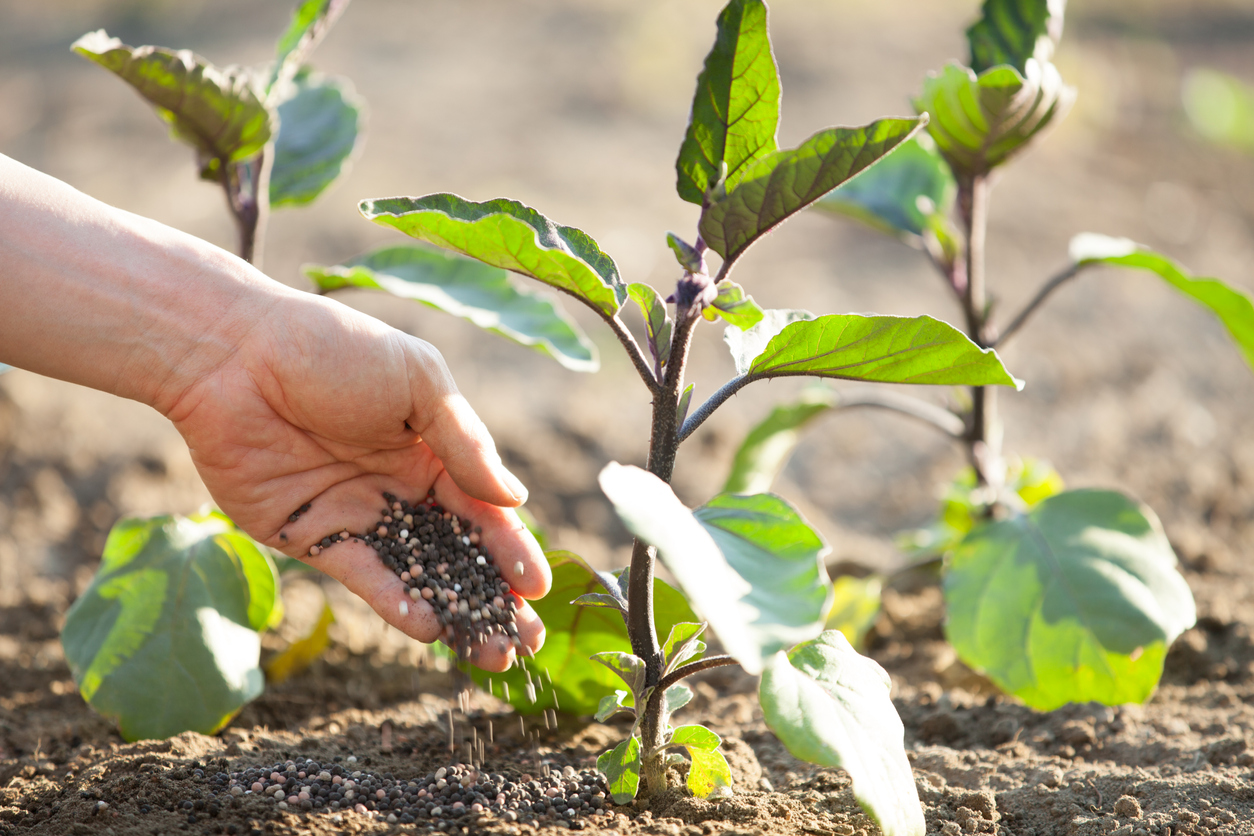
- Choose the Right Fertilizer: Use a balanced, slow-release fertilizer for vegetables and flowers. Organic options like fish emulsion or compost tea are also great choices.
- Fertilize Regularly: Follow the instructions on the fertilizer package. Generally, fertilizing every 4-6 weeks during the growing season is recommended.
- Watch for Nutrient Deficiency: Signs include yellowing leaves, poor growth, or lack of blooms. Adjust your fertilization regimen accordingly.
Pest and Disease Management
Container gardens are not immune to pests and diseases. Here are some strategies for managing common issues:
Unlock Your Online Success! Watch Our Exclusive Video for FREE and Start Earning Today!

Prevention
- Healthy Plants: Start with healthy seedlings or transplants to reduce the risk of disease.
- Spacing: Avoid overcrowding, which can lead to poor air circulation and increase disease risk.
Monitoring
- Regular Inspections: Check plants regularly for signs of pests like aphids or spider mites and diseases like powdery mildew.
Treatment
- Natural Remedies: Use insecticidal soap or neem oil for pest control. For diseases, remove affected leaves and improve airflow around plants.
Seasonal Considerations
Adjust your container gardening practices based on the seasons. Here are some tips:
Unlock Your Online Success! Watch Our Exclusive Video for FREE and Start Earning Today!
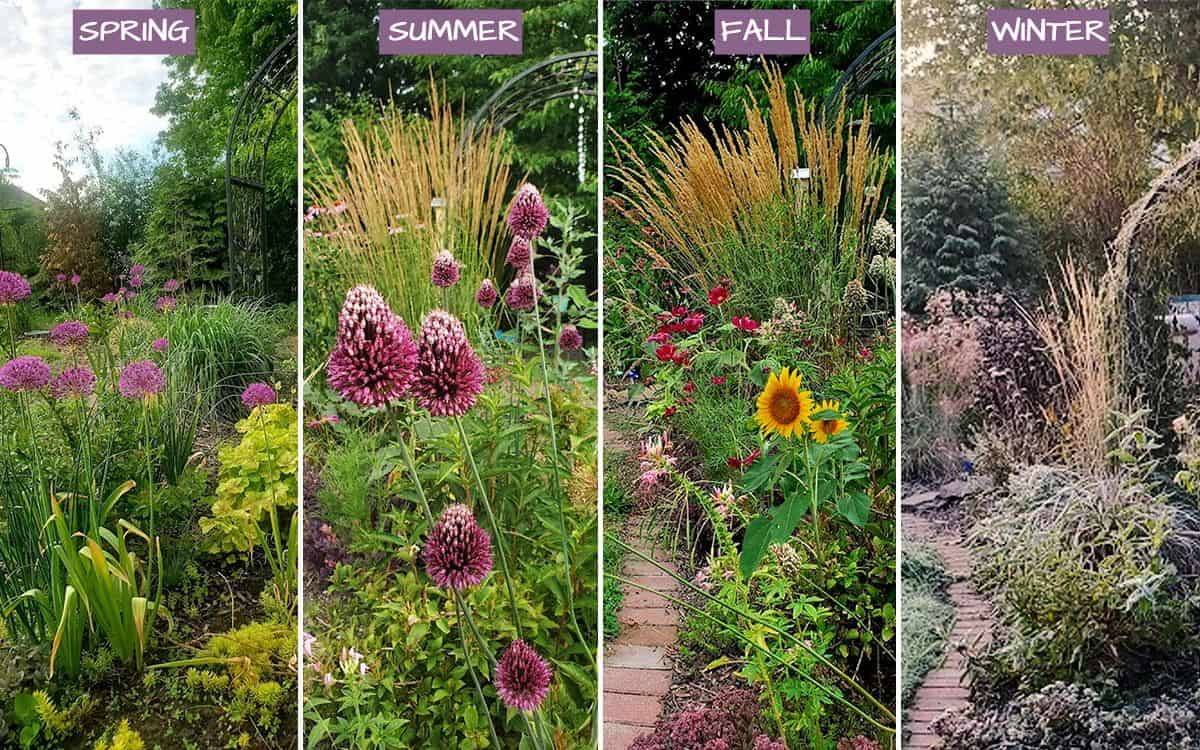
Spring
- Start planting cool-weather crops such as lettuce and peas.
- Begin preparing your containers and soil mix for the growing season.
Summer
- Monitor watering closely, as container plants can dry out quickly.
- Consider adding shade cloth for plants that may be stressed by intense summer sun.
Fall
- Transition to planting fall crops like kale or overwintering herbs.
- Prepare your containers for winter by protecting them from freezing temperatures.
Winter
- Bring tender plants indoors if necessary or cover outdoor containers with frost cloth.
- Plan for the next growing season by researching new plants to try.
Conclusion
Starting a container garden is an enriching and rewarding experience that allows you to bring nature into your living space, no matter how small. By following these essential tips for container gardening, from selecting the right containers and plants to managing water and nutrients, you can create a thriving garden that provides beauty and fresh produce. Embrace the joy of gardening and get started on your container garden today!
By implementing these detailed strategies, you’ll not only enhance your gardening skills but also improve your container garden’s chances of thriving, resulting in a lush, productive, and beautiful outdoor space that you can enjoy throughout the year.
